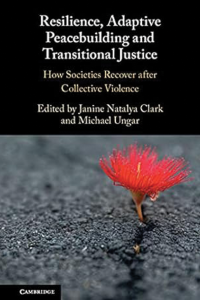Home » Faculty & Research » Our Research » Publications » Redressing Injustice, Reframing Resilience: Mayan Women’s Persistence and Protagonism as Resistance
Redressing Injustice, Reframing Resilience: Mayan Women’s Persistence and Protagonism as Resistance

Publisher website
Author: Alison Crosby
